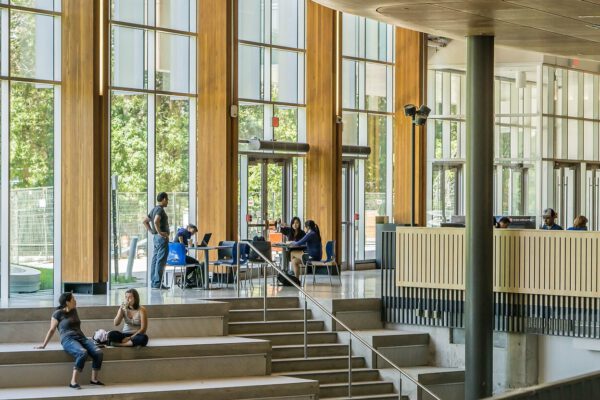Empowering Immigrant Talent Through Community Colleges
Title: Unlocking Potential: Enhancing Community College Services for Immigrant and Refugee Students
Source: Upwardly Global
Upwardly Global, in collaboration with Lumina Foundation and the National Council for Workforce Education, conducted research focused on the intersection of immigrant inclusion and workforce development. The report highlights the challenges and opportunities in supporting immigrant, refugee, and asylee professionals in the United States in rebuilding their careers and contributing to the workforce.
Key findings include:
- It is estimated that between now and 2035, all growth in the U.S. working-age population will be attributed to immigrants and their families.
- Nearly one third of community college students are of an immigrant origin, and immigrant-origin students account for 80 percent of the increase in U.S. college enrollment over the last two decades.
- Community colleges face significant challenges in helping immigrant and refugee students use and expand workforce-ready skills, with limited research available on effective programs and interventions.
- To meaningfully advance the inclusion of immigrants in the workforce, there is a need for continued investment in community colleges and capacity building within the ecosystem.
The report emphasizes the importance of a collaborative approach to address the unique needs of immigrant and refugee students, unlock their potential, and contribute to more inclusive education and workforce systems in the U.S. Based on the analysis, the authors make the following recommendations:
- Diversify funding sources: Explore various funding sources, including federal, state, local, and private funding, to support programs for immigrant and refugee students, ensuring sustainability over time.
- Invest in career services: Enhance career services departments to provide specialized support for immigrant and refugee students, improving their understanding of the U.S. job market and career pathways.
- Improve professional development: Provide ongoing training to faculty and staff to better serve immigrant students, including cultural competency training and understanding the unique challenges they face.
- Utilize networks: Collaborate with statewide and national networks to expand, replicate, and scale programs for immigrant students, facilitating the sharing of best practices and resources.
- Engage key stakeholders: Involve community colleges, employers, workforce agencies, and community-based organizations in a collaborative effort to better support immigrant and refugee students in their education and career journeys.
To explore findings and methodological information about the report and survey, click here
—Alexandria M. Falzarano
If you have any questions or comments about this blog post, please contact us.


